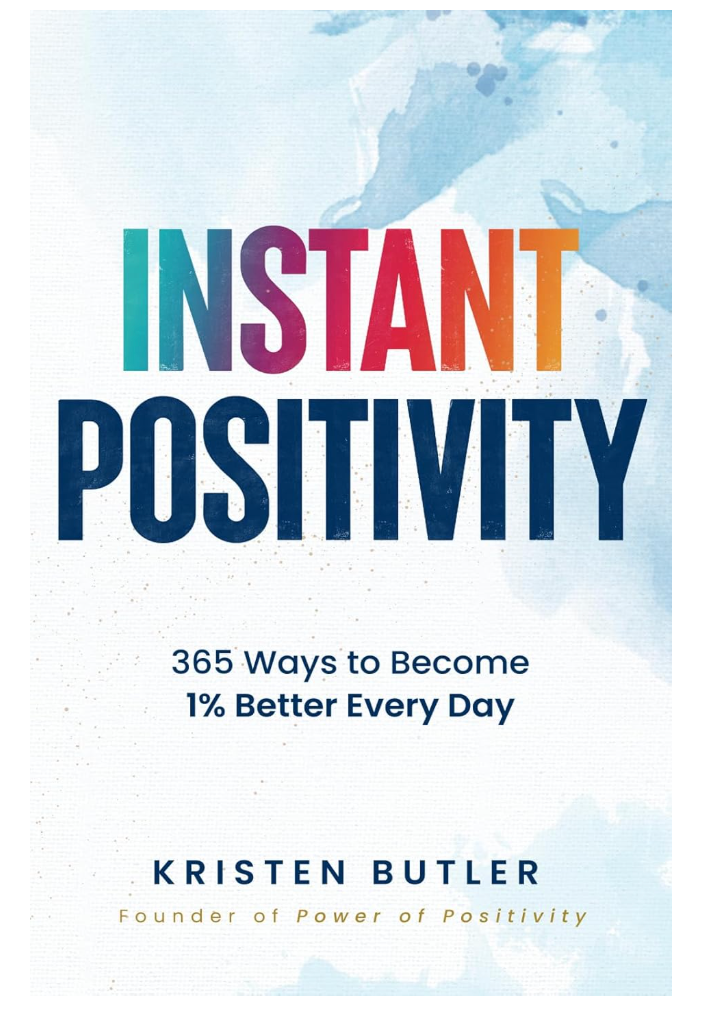30 Journal Prompts Personal Goals for the Orthodox New Year
This post contains paid and/or affiliate links. I make a small commission at no extra cost to you. Please see our Privacy Policy.
As the new year comes, it’s a great time to consider your spiritual and personal goals. Setting clear intentions can guide you. Whether you want to grow spiritually, improve your mental health, or make lasting changes, thinking about your goals will help you move forward with clarity.
To reach your dreams, it’s important to know why and how you want to achieve them.
Understanding Your Goals
Begin by figuring out what you really want to achieve. Ask yourself these questions:
- What areas of my life feel unfulfilled?
- What achievements would bring me the greatest joy?
- How do these goals align with my values and beliefs?
By answering honestly, you can set goals that truly reflect who you are. It’s key to set goals that match your true self, as this will boost your motivation and commitment.
Setting Clear and Achievable Goals
After identifying your goals, make them clear. Use the SMART criteria to make your objectives:
- Specific: Be clear about what you want to achieve.
- Measurable: Define how you will measure success.
- Achievable: Ensure your goals are realistic and attainable.
- Relevant: Align your goals with broader life objectives.
- Time-bound: Set a deadline for your goals to create urgency.
For example, instead of saying, “I want to be more spiritual,” a SMART goal is, “I will meditate for 10 minutes every morning for the next three months.” This clarity will keep you focused and motivated.

Creating a Practical Action Plan
Having clear goals is just the beginning; you also need a plan. Here’s how to create one:
- Break down your goals into smaller tasks.
- Assign deadlines to each smaller task to keep yourself accountable.
- Identify resources or tools that can help you achieve these tasks.
- Regularly review and adjust your plan as needed.
An action plan helps prevent overwhelm. By taking small steps consistently, you’ll build momentum and maintain motivation over time.
Engaging in Self-Reflection
Regular self-reflection is key to achieving your goals. Set aside time each week or month to reflect on your progress. You can use a journal to write down your thoughts and feelings about your journey. Here’s how:
- What accomplishments are you proud of this week/month?
- What challenges did you face, and how did you overcome them?
- What adjustments do you need to make moving forward?
This practice will help you stay on track and motivated. It also lets you celebrate small wins, making the journey more enjoyable.

Finding Support
When chasing spiritual or personal goals, seek support from those around you. Consider these strategies:
- Join groups or communities related to your goals.
- Share your journey with friends or family who are supportive.
- Seek mentors or coaches who can guide you.
A strong support system can boost your morale and offer valuable insights. Remember, you don’t have to go through your journey alone.
Embracing Flexibility
Be flexible. Life will throw unexpected challenges your way. Be ready to adjust your goals and plans. Flexibility lets you learn and grow from experiences, not get defeated by setbacks. Your willingness to adapt will keep your journey positive and fulfilling.
Reflecting on your spiritual or personal goals is empowering. By understanding what you want, creating plans, reflecting on yourself, finding support, and staying flexible, you can set yourself up for success in the year ahead. Remember, it’s about progress, not perfection.

The Importance of Goal Setting in Personal Growth and Fulfillment
Goal setting is a powerful tool for personal growth and fulfillment. It gives direction to your life and helps you focus on what’s important. When you set goals, you outline a clear path to achieving what you desire.
This path can lead to increased motivation, self-discipline, and a fulfilling life. Here are several reasons why goal setting is essential for personal growth.
First, it clarifies your priorities. When you take the time to set goals, you reflect on what matters most to you. This reflection helps you to understand yourself better.
You might discover that some dreams or habits are distractions from what truly brings you joy. By narrowing your focus, you can prioritize your goals and work toward them effectively.
Setting goals can also increase your motivation. When you have specific objectives, you feel a sense of purpose. Imagine setting a financial goal or a fitness target.
Every step toward that goal motivates you to keep moving forward. It’s thrilling to tick items off your list, and that sense of achievement boosts your morale.
Goal setting also enhances self-discipline. Hitting a goal often requires consistent effort. For example, if your aim is to read more books, you need to block time each day for reading.
This practice helps develop discipline. Over time, you create habits that align with your goals and become more proficient at managing your time and energy.

Another benefit is that it fosters a growth mindset. When you set challenging yet attainable goals, you expose yourself to new experiences. You learn to tackle problems and embrace challenges.
This approach builds resilience and determination. You begin to view failures as opportunities to learn, not as reasons to give up.
Setting goals also provides a measurable framework for progress. This is important for long-term goals. For example, let’s consider a career aspiration like becoming a manager. Instead of simply wishing for a promotion, you can break it down into steps:
- 1. Identify necessary skills.
- 2. Enroll in relevant training programs.
- 3. Seek mentorship from current managers.
- 4. Take on leadership roles in projects.
- 5. Request feedback from peers and supervisors.
This structured approach helps you keep track of your progress and adjusts your plan as needed. Each step serves as a building block toward your ultimate goal, making it less daunting.

Setting specific, measurable, achievable, relevant, and time-bound (SMART) goals can greatly enhance your goal-setting experience. The SMART framework ensures that your objectives are clear and attainable. For instance:
| SMART Criteria | Description |
|---|---|
| Specific | Clearly define what you want to achieve. |
| Measurable | Ensure you can track progress with quantifiable metrics. |
| Achievable | Set realistic goals that can be accomplished. |
| Relevant | Align your goals with your core values and long-term objectives. |
| Time-bound | Establish a clear timeframe for reaching the goal. |
Remember to celebrate your achievements. Every completed goal, no matter how small, deserves recognition. Celebrating successes fuels your motivation and encourages you to set new goals.
It’s a delightful way to reflect on your journey and recognize how far you’ve come.
The significance of goal setting cannot be overstated. It helps clarify priorities, enhances motivation, builds self-discipline, fosters a growth mindset, and creates a measurable path to achievement.
By embracing the importance of goal setting, you can unlock personal growth and find deeper fulfillment in your life.
So, as you embark on your journey of self-discovery, take the time to reflect on your aspirations and see how far you can go with a clear target in mind!

Conclusion
Starting your journey towards spiritual or personal goals is exciting. Remember, reflection and intention are key. By thinking deeply about your goals, you clarify your desires and prepare for change.
Setting goals is vital for personal growth. It gives you direction and purpose. Defining your ambitions, whether for spiritual growth or personal fulfillment, boosts motivation and guides you to success.
Goal setting also boosts self-awareness. It helps you see your strengths and areas to improve. Techniques like journaling or mindfulness keep you focused on your goals as the year goes on.
Be patient with yourself as you grow. Achieving goals takes time, and the path can be full of surprises. Celebrate every small win, as it brings you closer to your goal.
Embrace the journey and its lessons, both good and bad. They help you grow. Stay focused on your goals and keep working towards them.
By staying committed to your goals, you’ll have a year of growth, joy, and fulfillment. Here’s to your journey of transformation!






